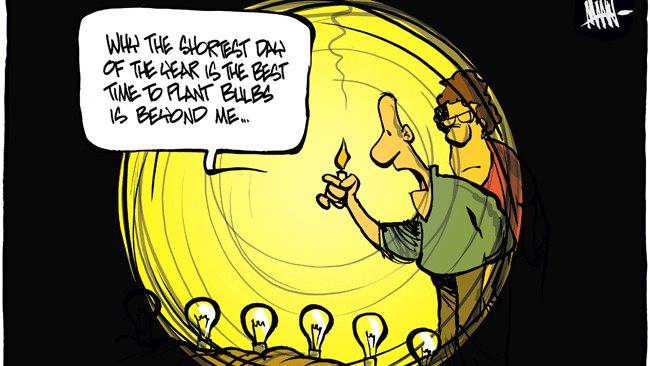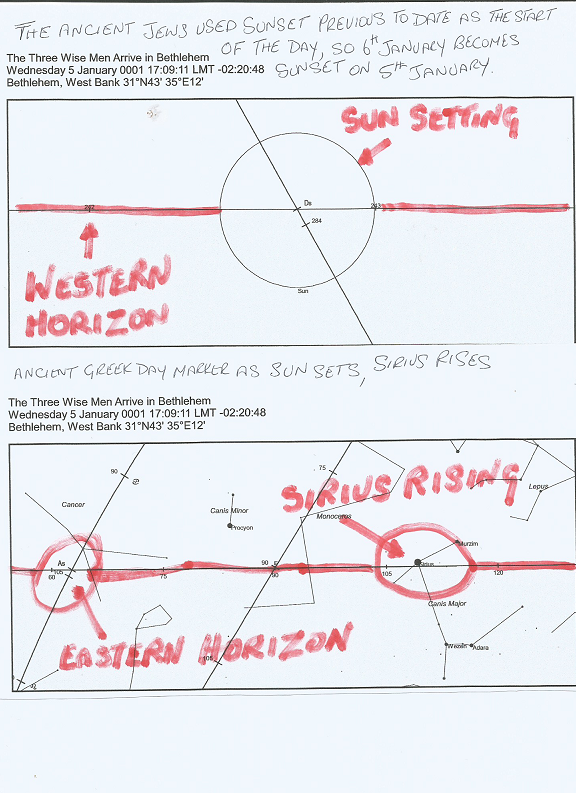Red Star
 Scribe
Scribe
Hey everyone, I've been writing a fantasy novel and have to come up with at least a few religions. Anyone have experience with designing some as far as customs, ranks, beliefs, etc? I'm drawing inspiration from early Christianity, Lovecraft, Greco Roman and Mesopotamian religion so far.

 Inkling
Inkling


 Sage
Sage